As pup parents we all want what is best for our four-legged friends, so it can be concerning when their behaviour changes and they stop eating their dog food.
There are many reasons why your pooch might go off their grub, from behavioural (which can include separation anxiety or stress caused by recent changes to their routine or environment) to medical (anything from dental problems to side effects from medication they may be on).
Or it could be simply that there is something wrong with the food itself.
In this article, with the help of our expert Vanessa Howie, head veterinary surgeon of companion animals at the RSPCA, we explore why your dog may not be eating, what you can do about it, and when it is time to head to the vet…
Reasons your dog won’t eat their food
Is there a problem with the food itself?
First off, have a good look at the fare you’re dishing up. Discard anything that is out of date or stale.
To avoid waste in the future, ensure you are storing food in the best way possible. Opened wet food should be kept in the fridge and used within a couple of days. Dry food should be stored in an airtight container and in a cool, dry place. Most dry food brands should be consumed within a month after opening, so check you’re buying the right size product for your dog.
It’s worth checking if your pooch’s usual brand of food has altered its recipe too – as they might not like the change or need time to get used to it. Ideally, gradually transition your dog from the old formula to the new one over 7-10 days.
It is unlikely that your dog will stop eating because they are bored of the same food, and it would be very uncommon for a hungry pup to refuse food day after day just because they are picky. Suddenly switching food can cause issues too (such as stomach upset) so avoid doing this, and if you are going to change their food, research the optimum ways to make the swap.
Finally, remember that a dog’s sense of smell is much more refined than ours, meaning they might be able to detect if food is spoiled, even if it looks and smells fine to us.
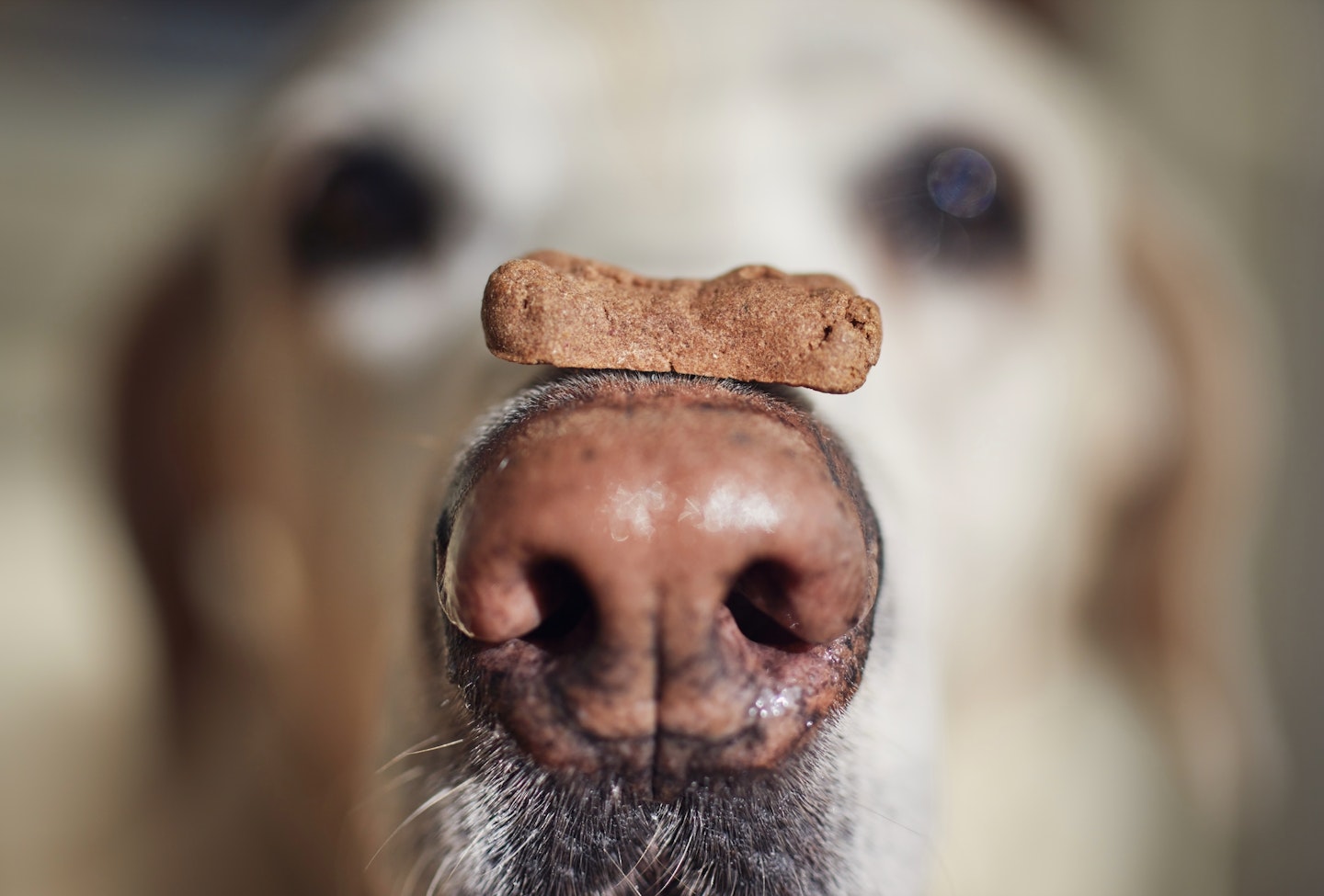
Is there a medical reason your dog is off their food?
Sudden loss of appetite (anorexia) or a decreased appetite (hyporexia) in your dog should never be ignored, and if your pup’s food seems fine it is important to seek veterinary advice to rule out anything serious, especially if your dog hasn’t eaten anything for more than 24 hours.
There are a number of medical causes for anorexia or hyporexia in dogs, encompassing anything that results in them feeling pain, sickness, fatigue or stress.
These include dental or oral issues (tooth decay, gum disease or an infection), stomach problems (which could be caused by infections, viruses, a blockage, worms or eating too much or something they shouldn’t have), side effects from medication (speak with your vet if this is likely or not), organ issues (such as problems with their pancreas, heart, liver or kidneys) or general illness.
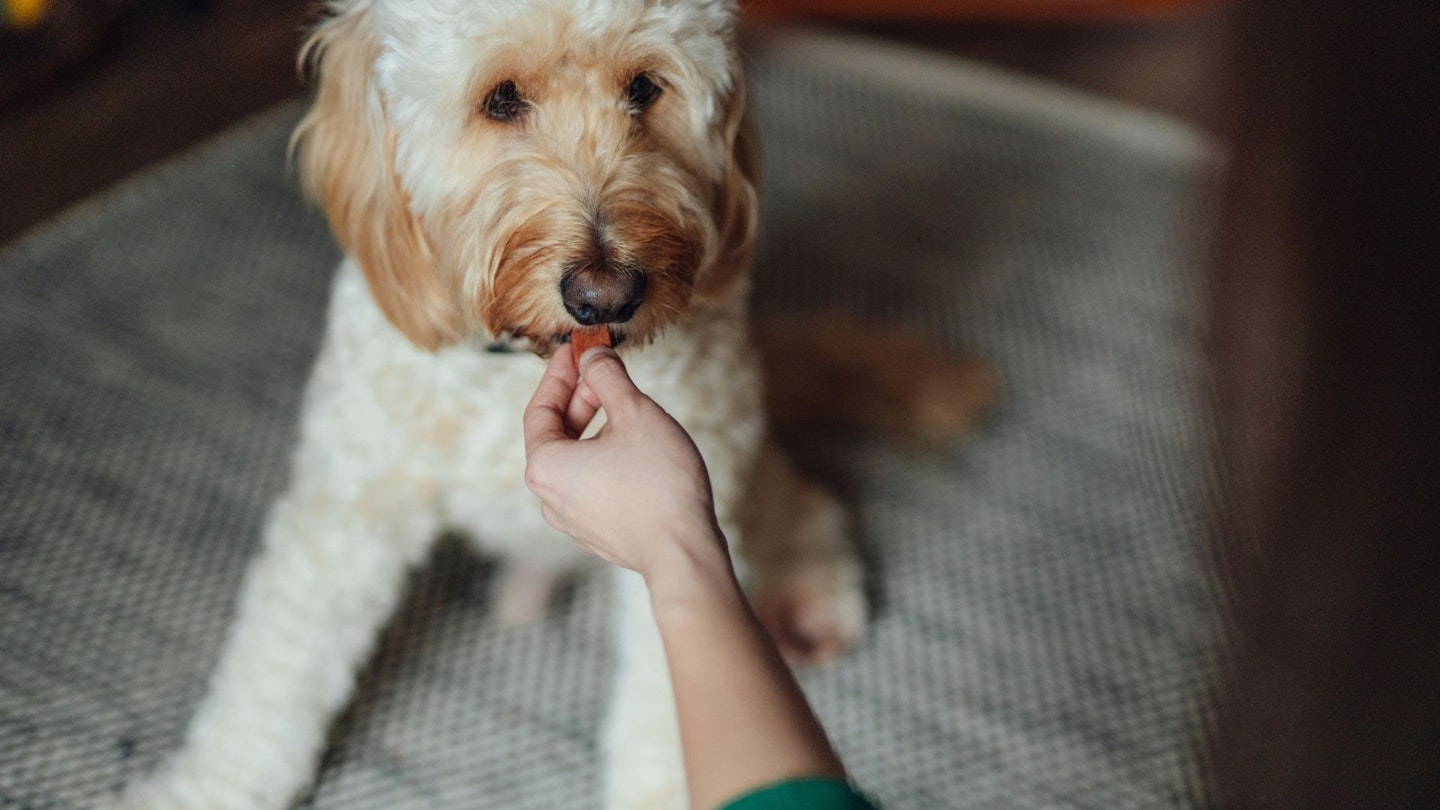
Is there a behavioural reason your dog is not eating?
Dogs are emotional beings – just like us, and most thrive on having a set routine. That means that even small changes to their immediate environment, or to the structure of their day, can have an impact on their wellbeing and result in them not eating. There are two main behavioural issues to keep in mind…
Separation anxiety
Symptoms: Dogs suffering with separation anxiety may refuse to eat when you’re not at home – and some may even refuse to eat unless you are in the room with them. This behaviour is a sign of severe anxiety.
Treatment: Dogs not eating due to separation anxiety may be soothed by calming chews, pheromone collars or by a plug-in calming diffuser. If these don’t have the desired impact, consider discussing the issue with a qualified behaviourist.
Changes in routine or environment
Symptoms: Has something changed in your home or the routine of your day recently that could cause your dog to feel stressed or anxious? This could be anything from welcoming a new addition to the family (for example a new baby or pet) to building work going on to having guests staying. Even moving your dog’s mealtime or the position of their food or water bowl can cause enough anxiety to deter your pup from chowing down. Bear in mind, what may seem minor to you could be major for your pooch.
Treatment: The good news is if your dog’s issue is related to stress or anxiety, they will likely begin eating again within a couple of days – once they get accustomed to the change or over the disturbance (if it was triggered by something like fireworks, for example). If they don’t, seek advice from a behaviourist or your vet.
If you think your dog is not eating because you’ve welcomed a new four-legged friend into your home, try separating their feedings – as your pet might be feeling intimidated by their new hairy housemate.
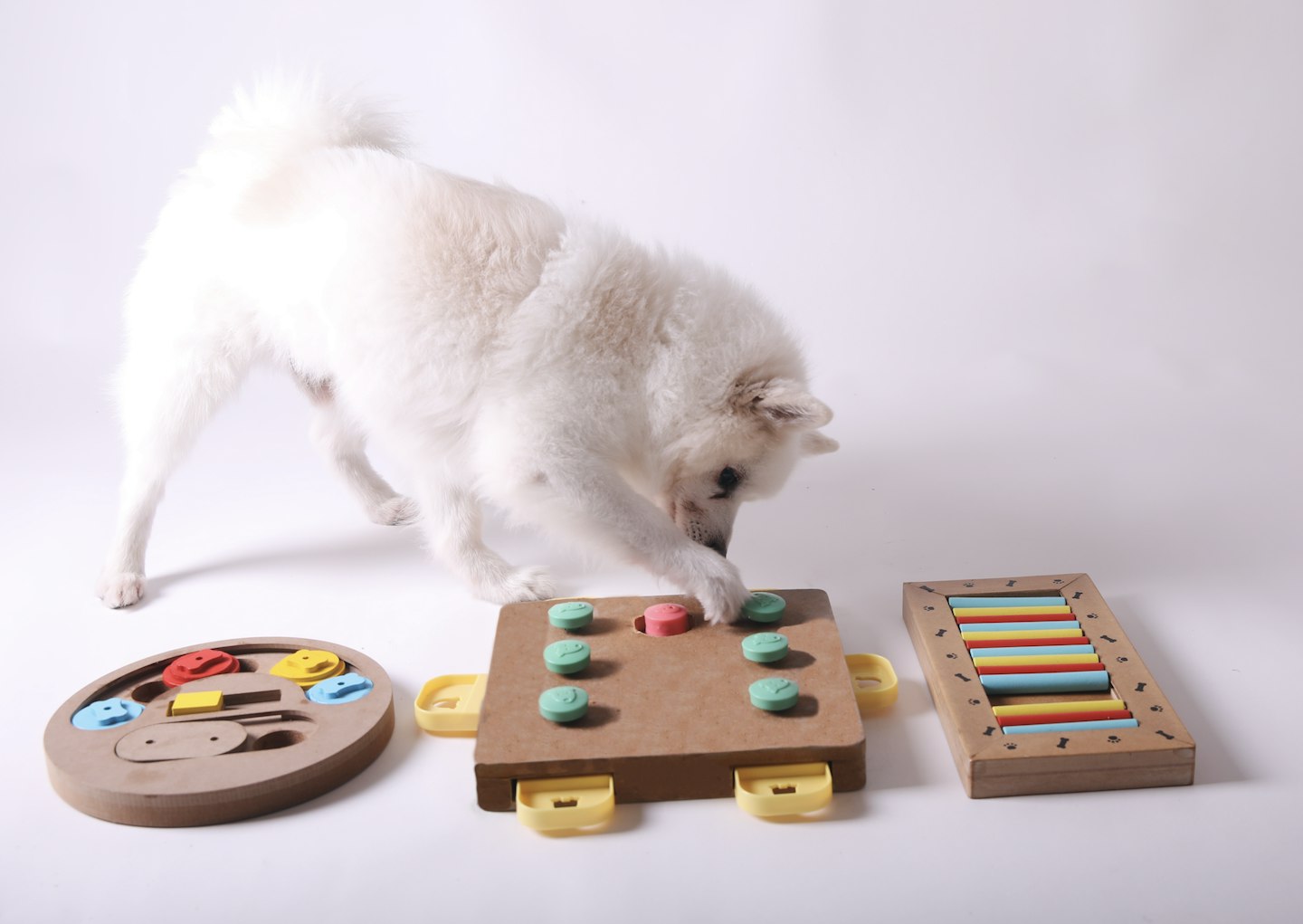
Below, Vanessa Howie, head veterinary surgeon of companion animals at the RSPCA, answers your frequently asked questions about dogs going off their food.
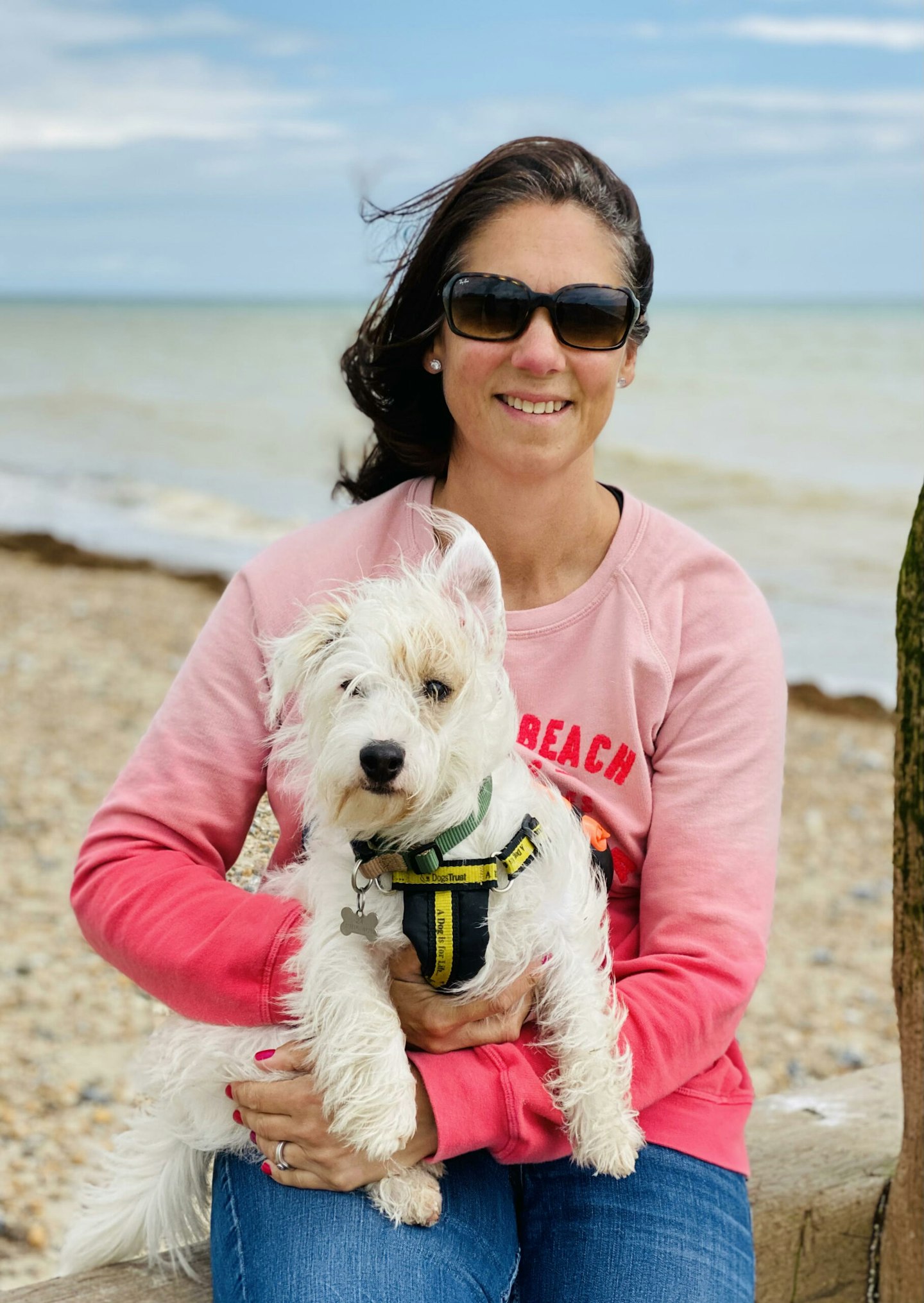
FAQs
When should I worry about my dog not eating their food?
If there are any changes to your dogs feeding habits or appetite, for example, if they are eating less than normal, missing meals when they usually eat all of their food or eating their food more slowly, we’d recommend contacting your vet for advice. Similarly, if your dog hasn’t eaten for 24 hours or is showing other signs alongside loss of appetite such as vomiting or diarrhoea, lethargy or pain we’d recommend they see a vet straightaway.
What should I do if my dog isn’t eating their food?
There are many reasons why your dog may not be eating their food. Some dogs are naturally fussy and a change in diet may stop them from eating. It’s important to rule out illness as the cause. If illness has been ruled out and your dog is still not eating there are a number of things you can try to encourage them to eat, but I recommend always speaking to your vet first before making any changes to your dog’s food:
• Warming their food or adding warm water to their kibble may make it more appealing and encourage them to eat.
Changing their food for example from dry kibble to meat or adding a small amount of something more tasty mixed in with their food such as boiled chicken may help.
• Changing how, when and where you feed your dog, such as changing the type of plate or bowl or where you place the bowl may help, particularly if a negative experience has happened which has led to them not wanting to eat. This may also change whether you feed them near to or away from other animals, including humans.
• Taking them for a walk before meal times, but be careful not to give too many treats whilst out on the walk.
• Cutting down on dog treats between meals or making feeding time more fun or stimulating by using a toy that dispenses food or rewarding them with food from their meal yourself - maybe train them to do another trick.
Should I change my dog's food if they aren’t eating?
Always speak to your vet first before changing your dog’s food. Depending on the reason for your dog not eating, it may help in some circumstances to change their food, particularly if you have recently changed the type of food your dog is being fed and this is the reason they are no longer eating.
It’s always better to stick to one type of food and avoid feeding lots of different kinds of human food as this can cause an upset tummy leading to vomiting and diarrhoea.
If you have a fussy eater it can be better to avoid swapping and changing the food too often and instead finding other ways to encourage them to eat.
How can I make my dog’s food more appetising?
Warming their food or adding warm water to their kibble may make it more appealing and encourage them to eat. Changing their food for example from dry kibble to meat or adding a small amount of something more tasty mixed in with their food such as boiled chicken may help.
Changing the situation they are fed in for example how, when and where you feed your dog, such as changing the type of plate or bowl or where you place the bowl may help, particularly if a negative experience has occurred there.
Why will my dog not eat their food but eat a treat?
Just like us eating chocolate and sweets, treats are often more appealing to dogs as they are stronger smelling and have more intense flavours and textures. They are often higher in calories and feeding treats as well as your dogs' usual meals can cause weight gain. It’s always better to reduce the size of your dog’s main meals to account for any treats they have had during the day. Alternatively, if you feed a kibble diet you take some of the kibble from the measured portions each day to feed as treats.
It’s important to remember to feed your dog a nutritionally balanced food and treats are generally not nutritionally balanced. Dogs may also prefer the situation or environment in which the treats are offered over that where their food is given. They are likely to enjoy the increased interaction and attention they get from their owners when they are fed treats. Increasing attention by making mealtimes more interesting and praising your dog when they eat from their bowl will hopefully encourage them to eat their food.
Treats are often softer than hard kibble - a dog that prefers treats over their kibble may have problems with their teeth or mouth so should always be checked by a vet.
Why won’t my dog eat their dry food?
This may be the first sign that the dog has a problem with their teeth or mouth. If your dog suddenly stops eating their dry food or starts dropping biscuits when eating, it may indicate a tooth problem and I’d recommend getting your dog’s mouth and teeth checked by your vet.
Some dogs prefer meat rather than dry food - the food types they were offered as a puppy may affect what they will eat as they get older - if they’ve only been soft foods and meat when they were a puppy during the important socialisation period when they should be experiencing new textures and tastes, this may affect their preferences as they get older.
You can try making dry food more palatable by adding warm water to the kibble - some dogs prefer it this way as it softens the biscuits and they may prefer this texture to eat and increases the aroma of the food making it more appetising.
What do you give a sick dog that won’t eat?
It’s important to be guided by your vet when it comes to trying to get a sick dog to eat as it will be dependent on the cause of the illness what can be fed to the dog and offering some foods may make the condition worse.
Offering a bland food such as boiled chicken and rice may help to settle an upset stomach, but I would always recommend speaking to your vet first before trying a different food.
Do dogs go through eating phases?
Stress can cause a dog to eat less, so a dog that is exposed to stressful changes in the home on a regular basis may be seen to eat less during these times and more when they are no longer stressed.
Activity levels may affect how hungry they are - this includes both physical and mental stimulation. The more active they have been, the hungrier they are likely to be.
Different life stages may also affect how much food they eat, typically older, more sedentary dogs tend to eat less.
Some dogs are more picky than others and may wax and wane in how much they eat. However, any changes to the amount of food your dog usually eats may indicate a problem if nothing else has changed. In these cases, I’d recommended getting a vet check.
Why is my older dog not eating?
This may indicate illness so I recommend a vet check to rule out health problems or dental problems.
Older dogs may be less active so use up less calories and therefore eat less as a result. However, some older dogs may be less active but continue to have the same appetite - you must reduce these dogs' rations to avoid weight gain as weight gain may cause their activity levels to be reduced even further.
Why is my puppy not eating?
This may indicate illness so I advise examination by a vet if your puppy is not eating.
Puppies have fewer body reserves so can deteriorate and become very ill much more quickly than an adult dog if they are not eating for an extended period of time.
If new to your home, the stress of leaving mum and litter mates and coming to a new home may cause them to be off their food. Also if they are fed a different food to what they are used to, a sudden change may put them off their food. I recommend a gradual introduction of new food if changing their diet.
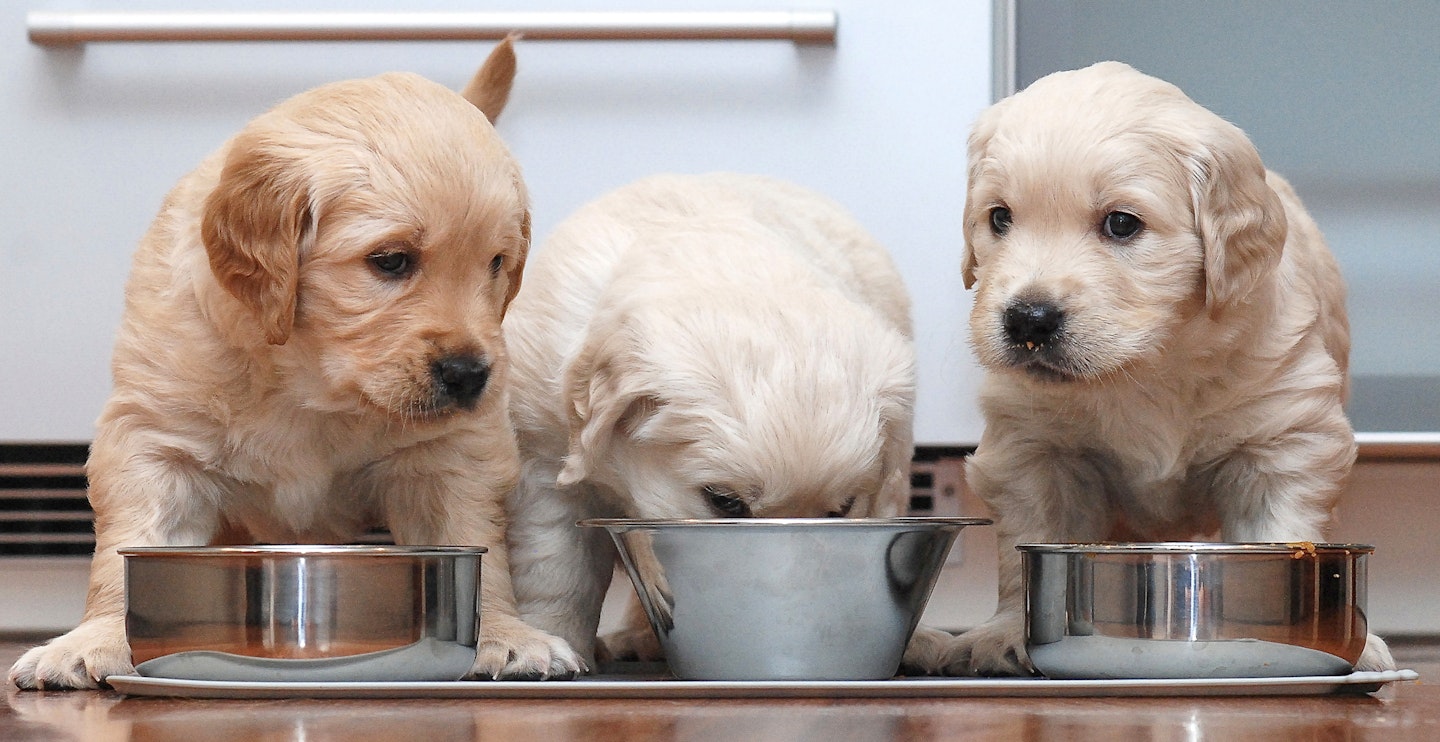
This article contains expert advice from Vanessa Howie, head veterinary surgeon of companion animals at the RSPCA.
Joe Brothwell is editor of Take a Break Pets and adores all creatures great and small. Despite being a doting cat dad to Winnie, she continues to be aloof!
